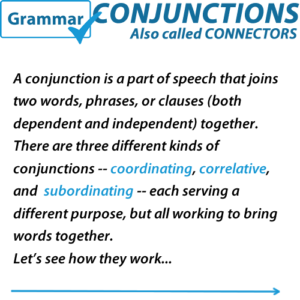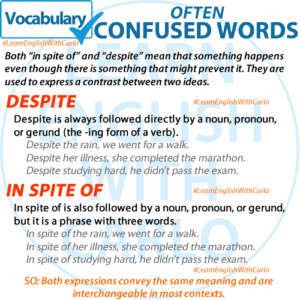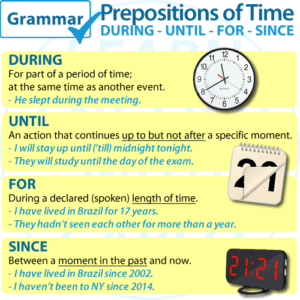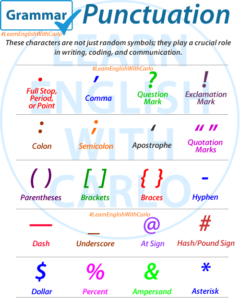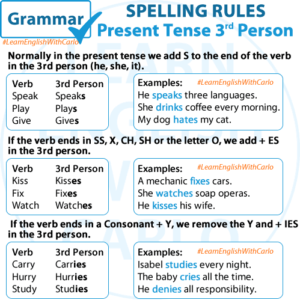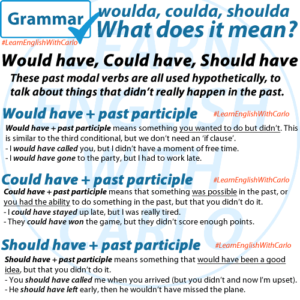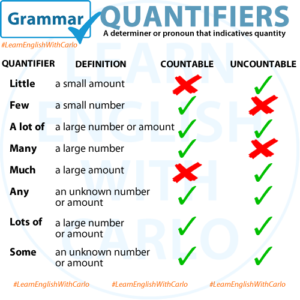The words so, such, and too are often confused by English learners because they all express emphasis or intensity. However, they follow different grammatical patterns and are used in distinct ways. Let’s break it down with examples and explanations. 1. SO So is used with adjectives and adverbs to indicate a high degree, often followed …
Category: GRAMMAR
Permanent link to this article: https://englishyourway.com.br/using-so-such-too-in-english/
Apr 21
GRAMMAR – Conjunctions
A conjunction is a part of speech that joins two words, phrases, or clauses (both dependent and independent) together. There are three different kinds of conjunctions — coordinating, correlative, and subordinating — each serving a different purpose, but all working to bring words together.Let’s see how they work… Coordinating conjunctions are used to join equal …
Permanent link to this article: https://englishyourway.com.br/grammar-conjunctions-3/
Apr 18
DESPITE vs. IN SPITE OF
Both “in spite of” and “despite” mean that something happens even though there is something that might prevent it. They are used to express a contrast between two ideas. Structure Key Points to Remember Examples with Explanations Practice Exercise Ask your students to rewrite sentences using “in spite of” and “despite”: Visual Aid Create a …
Permanent link to this article: https://englishyourway.com.br/despite-vs-in-spite-of/
Apr 11
Giving Advice: SHOULD, OUGHT TO, and HAD BETTER
When giving advice in English, we often use the modal verbs “should,” “ought to,” and “had better.” Each of these has its nuances and specific contexts where they are more appropriate. Let’s explore how to use them, their differences, and how they work in questions and negative sentences. Using SHOULD “Should” is the most common …
Permanent link to this article: https://englishyourway.com.br/giving-advice-using-should-ought-to-had-better/
Apr 10
“Used to” vs. “Be used to”
“Used to” refers to past habits or situations that are no longer true in the present.“Be used to” refers to the state of being familiar or accustomed to something in the present. Used to: “Used to” is a phrase used to describe past habits or situations that were true in the past but are no …
Permanent link to this article: https://englishyourway.com.br/used-to-vs-be-used-to/
Apr 09
GRAMMAR – Prepositions of Time
DURING, UNTIL, SINCE, and FOR Prepositions can sometimes be tricky to use correctly, especially when they refer to time. Let’s explore the nuances of DURING, UNTIL, FOR, and SINCE, along with deeper explanations and examples to make their usage clearer. DURING Definition: Refers to a specific period of time when something happens, or indicates that …
Permanent link to this article: https://englishyourway.com.br/prepositions-during-until-for-since/
Mar 28
Keyboard Characters and Punctuation Marks
These characters are not just random symbols; they play a crucial role in writing, coding, and communication. You will learn their names, definitions, and multiple uses with practical examples. Whether you’re writing an email, composing a document, or exploring programming, knowing how to use these symbols correctly will enhance your efficiency and effectiveness.
Permanent link to this article: https://englishyourway.com.br/keyboard-characters-and-punctuation-marks/
Mar 27
Grammar Guide: Adding S to the Third Person Singular in Present Simple
In English, when using the present simple tense, verbs often change slightly in the third person singular (when the subject is he, she, or it). These changes depend on the spelling of the verb. Let’s break it down! 1. The Basic Rule: Add “S” For most verbs, simply add S to the base form: Verb …
Permanent link to this article: https://englishyourway.com.br/adding-s-to-the-third-person-singular/
Mar 25
Woulda, Coulda, Shoulda – What Does It Mean?
You may have heard native English speakers use phrases like woulda, coulda, or shoulda. But what do they mean? These are informal, spoken forms of would have, could have, and should have. These past modal verbs are used to talk about things that didn’t happen, but that we imagine or wish had been different. Let’s …
Permanent link to this article: https://englishyourway.com.br/woulda-coulda-shoulda/
Mar 20
Countable vs. Uncountable Quantifiers
Countable or Uncountable? We use different quantifiers in English depending on whether the noun is countable (things we can count like apples 🍏) or uncountable (things we can’t count like water 💧). Here’s a quick guide to help you out: 🔹 For Countable Nouns: 🔹 For Uncountable Nouns: 🔹 For Both: Remember, countable nouns are …
Permanent link to this article: https://englishyourway.com.br/countable-or-uncountable-quantifiers/


